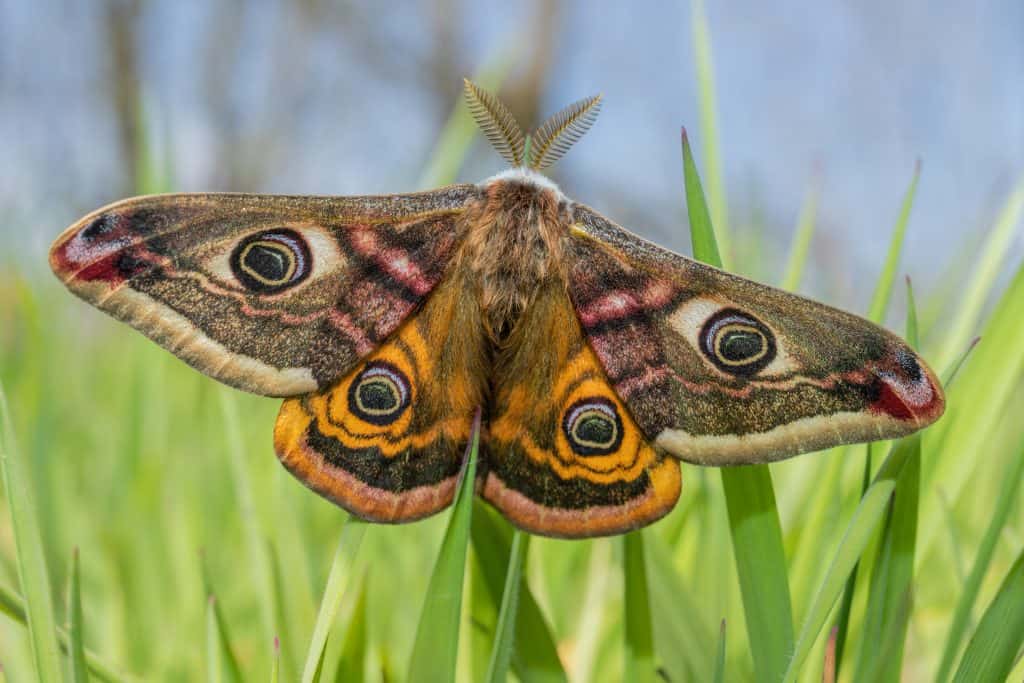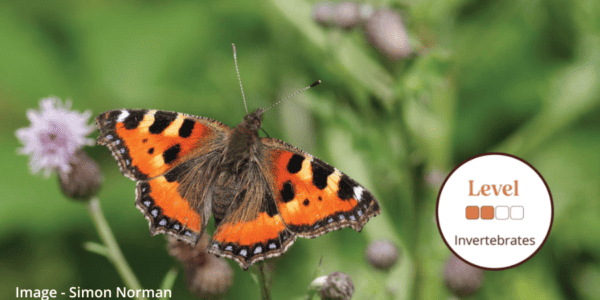With about 2,500 species in the UK, moths exhibit an extraordinary variety of form, colouration and lifestyle. This beginner-intermediate course will – quite literally – shine a light on this insect order and provide you with the confidence to take up moth-trapping yourself.
The course will include:
- Life cycles, lifestyles and variety within the order Lepidoptera, and the importance of moths within ecosystems
- The importance of collecting and submitting data about moth diversity and numbers
- The basics of setting up a moth trap, and the advantages and disadvantages of different kinds of traps
- How to identify moths
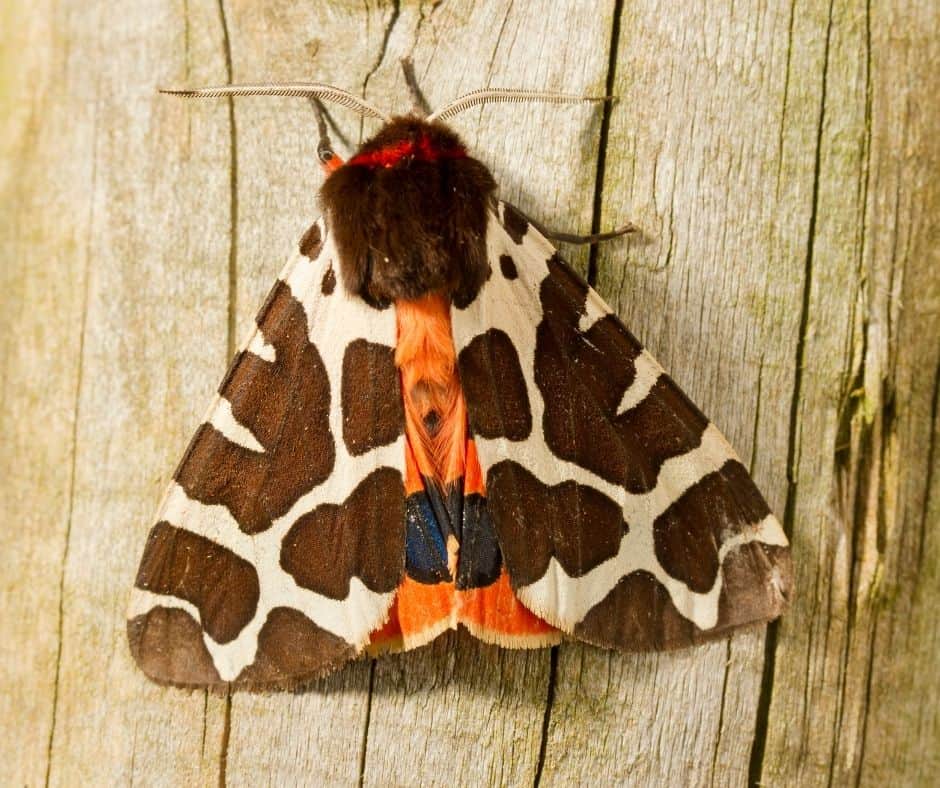
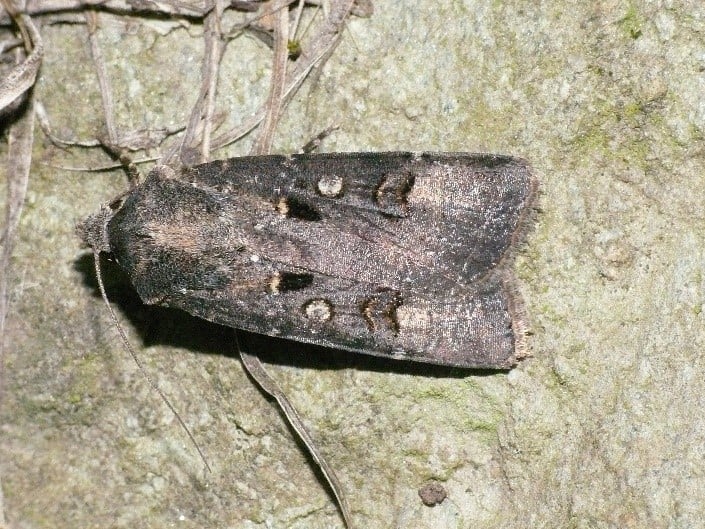
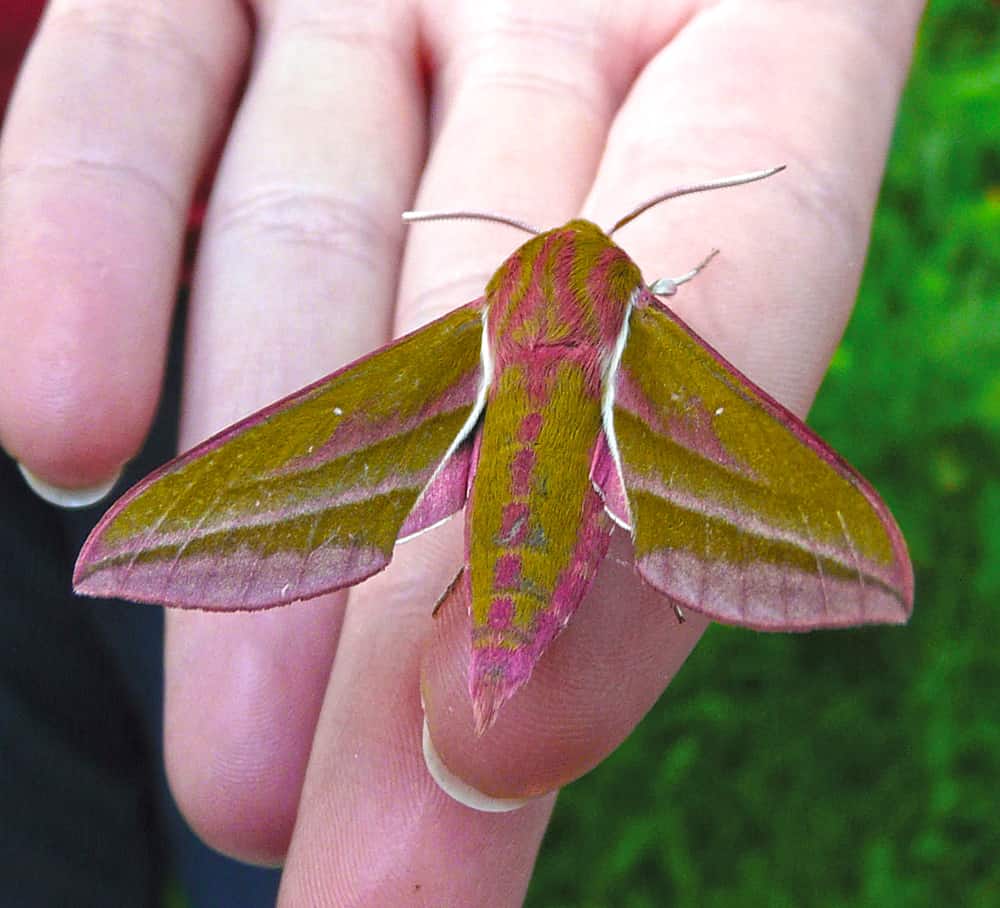
Read More
Some moth species are extremely localised, and sedentary, while others are long-distance migrants to our shores. This in itself makes them fascinating subjects to study.
Because they are such key elements of most terrestrial ecosystems, it is important to study the ups and downs of individual species’ fortunes. The single best way to do this is by running light-traps, to which the insects are attracted, sometimes in large numbers. Moths are one of those groups of organisms for which ‘citizen science’ really can make a difference.
The course will involve a mixture of classroom learning, practical work involving setting up moth traps, and the identification of moths attracted to the traps.
Who Should Attend? – Nature enthusiasts, students, rangers, early career consultants and ecologists.
Knowledge Level – Beginner. Level descriptors can be found on the following web-page: Framework and Course Level Descriptors
Prior Knowledge – The course is aimed at anyone with an interest in this group of insects. Prior knowledge is not necessary.
By the end of the course, you will be able to:
- Display knowledge of moth life cycles, lifestyles and variety, and their importance within ecosystems
- Understand importance of collecting and submitting data about moth diversity and numbers
- Know the basics of setting up a moth trap, and the advantages and disadvantages of different kinds of traps
- Understand the basics of how to identify moths
PLEASE NOTE: There is no accommodation or meal facilities provided with this course. Refreshments (tea and coffee) will be available. If we are unable to reach viable numbers for this course, we will inform you of the course cancellation 4-5 weeks prior to the course run. We would recommend when purchasing accommodation and/or travel you should take out your own insurance.
Bookings will close if course capacity is reached.
Please email [email protected] if you have any questions.
About the Tutor
Tim Harris
Tim Harris has been a keen naturalist since childhood and has written many books and articles about birds, invertebrates and bats for publishers including National Geographic, Bloomsbury, the RSPB and BBC Wildlife. Tim has a particular interest in Britain’s moths and butterflies and runs several moth traps near his London home.
Example Timetable
Example Timetable
This timetable is subject to change but should give a clear outline of what to expect.
- Please arrive in time for the course to start promptly at 14:30 on the Saturday
- The course will start at 06:30 and end at 13:30 on Sunday
Day 1
14:30 Welcome and housekeeping
15:00 What is a moth?
16:00 The role of moths in ecosystems
17:00 Break
18:00 The main moth families
19:00 Why trap moths
20:30-21:30 Setting up a moth trap
Day 2
06:30 Examining the catch
09:00 Identification pitfalls
10:30 Break
11:30 The importance of data collection and recording
12:30-13:30 Next steps
Please note accommodation and an evening meal are not included.
What's Included
The course has been carefully created by expert tutors and educators to help you continue to build and develop your knowledge and apply it within the field surrounded by like-minded individuals.
The course includes:
- Classroom learning covering the theory of the species
- Field excursions to apply new knowledge
- Expert tuition for which the Field Studies Council is renowned
- Clear objectives and progression
- Refreshments (tea and coffee)
You can rest assured that the absolute best content from an expert in environmental education will be provided. In choosing a Field Studies Council course, you will be joining thousands of people who learn with us each year.
Bursaries and Subsidies
Student Discount
This course is eligible for a student discount. If you are a current student, please use discount code BioStudent20 at checkout for 20% off all Biodiversity courses.
Before You Attend
What to bring:
- Notebook and pencil
- Lunch and refreshments
- Sensible footwear and clothing for being outdoors
- Small bag to carry personal items
Recommended Literature
When you book this course, you will receive a discount code for the Field Studies Council recommended guides below.
There will be a member of staff with first aid training and access to a first aid kit on site. If you have special medical or access requirements, please let us know as soon as possible so we can plan the course.
Opportunities to attend this course
-
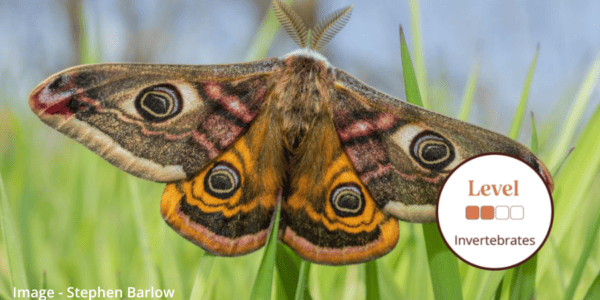
Sat 18, May 2024 14:30 - Sun 19, May 2024 13:30
NOTE: The course will start at 14:30 and end at 21:30 on Saturday; the course will start at 06:30 and end at 13:30 on Sunday. The venue is unable to offer accommodation with this course, please book local accommodation if you require overnight stays and ensure you take out the appropriate insurance.
No current dates for this course? Click here to view all the upcoming Natural History courses.
Progress Your Learning
This is a training course from the Field Studies Council, delivered by expert tutors with an approachable learning style. After attending this course, you may like to progress your learning with further relevant courses or branch out into other areas of natural history. The Field Studies Council offers both online and in-person courses, so you can choose the learning style that suits you best.
The course gives you the opportunity to immerse yourself in a new subject and acquire novel skills. Our online portal gives you time to study at your own pace and fit the lessons around your own schedule.
If you have any questions about our courses please check our Frequently Asked Questions or email [email protected].
Group Bookings Made Easy
If you have a group of 10 or more individuals wanting to complete one of our courses, our team are available to discuss your options – from discounts to private team courses. Click here to find out more!
You can rest assured that the absolute best content from an expert in environmental education will be at your fingertips. In choosing a Field Studies Council course, you will be joining thousands of people who learn with us each year.

